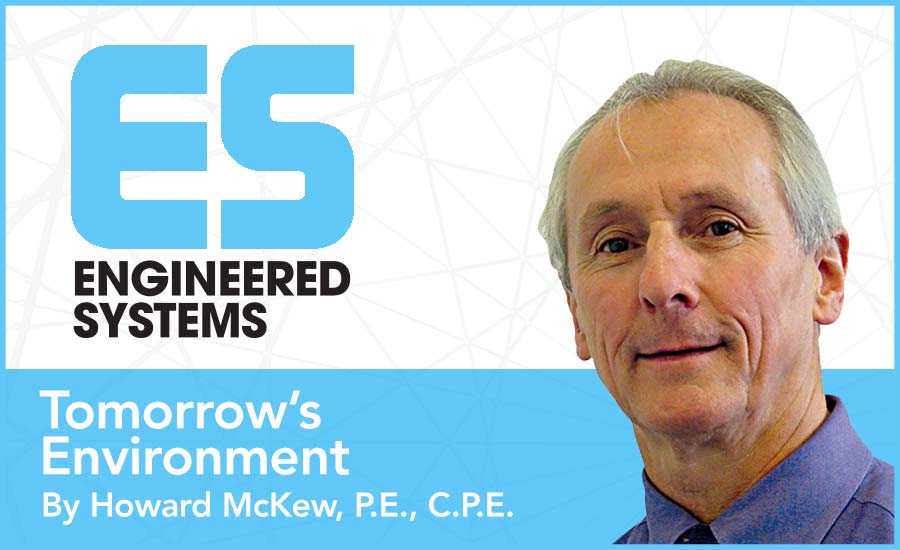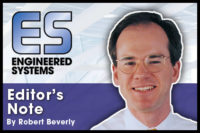Over time, many if not all employees eventually become comfortable in their work environment. I don’t think this can be helped, because with routine comes contentment. This can cut both ways — many workers may then find it stressful when the job requirements change, while others find change exciting and challenging. Long-time employees will adjust to change, but many are not anxious to embrace it and may unintentionally slow up the change process. At the same time, employers struggle with change and yet they must keep pace with current thinking, strategic planning, and the competition. A good analogy of this ability of company change is McDonald’s restaurants.
Now I don’t eat at McDonald’s, but I do remember when they first arrived on the scene in New England with their golden arches back in the 1960s. Over the years, all McDonald’s buildings have evolved to keep pace with the expectations and demands of their customers (e.g., restaurant seating area, drive-thru, etc.). In recent years, it has been the menu that has had to change to continue to bring customers into McDonald’s. The HVAC building industry is no different. Just think of who the HVAC consulting engineering firms were when you got into this business, as well as who the most successful firms were at that time. Today, look around and see if those successful firms are still number one, two, three, etc. They probably aren’t ranked the same this year as they were back when you started. In fact, some of these companies have disappeared from the HVAC industry. So overcoming status quo with change is good, as well as essential, if employees and companies are to survive and grow in value.
For the worker, it is not required to be driven to become the boss, department head, or group leader and, in fact, I’d guess that more than half the workforce doesn’t want to be the boss. Sure, everyone probably wants more money, but being the person in charge is not necessarily how they want to earn that money. As the individual responsible for the bottom line, having loyal employees is nice but not 100% essential. A company should strive to blend long-time employees in with those workers who arrive anxious to be challenged but equally anxious to move on to a new work environment further down the road.
Life is far less stressful when the job is less challenging. Work is also less stressful when others are held accountable for meeting due dates, HVAC designs that need to work efficiently, and communicating with others on the job. At times, I momentarily would envy workers who could simply come to work, fulfill their job description requirements and, at the end of the day, go home to do something non-work related. Those employees are needed, but over time they are more expendable because they have simply done their job and nothing more.
For the most part, employees are willing to do more to stretch their knowledge of the HVAC industry and could use a mentor to guide them. I believe if companies invested in a mentoring program for those who want to do more, learn more, and achieve more, then these workers would benefit from long-term employment while those who want to come in and do their job and receive their payment will possibly run the risk of being a liability to the company over time. More on creating an in-house mentoring process next month.
Because an individual doesn’t advance upward in a company doesn’t mean they don’t have pride in their work, but I do believe they don’t have ownership in their work. In other words, this individual has done the job as expected but he or she isn’t concerned as to whether the engineered design works or not. I know engineers who lack ownership in their job because they believe that they have done their part of the project and it is someone else’s responsibility for it to work.
In the end, a status quo office environment is only a good thing for a moment in time. In the end, status quo will weed out employees and companies.


